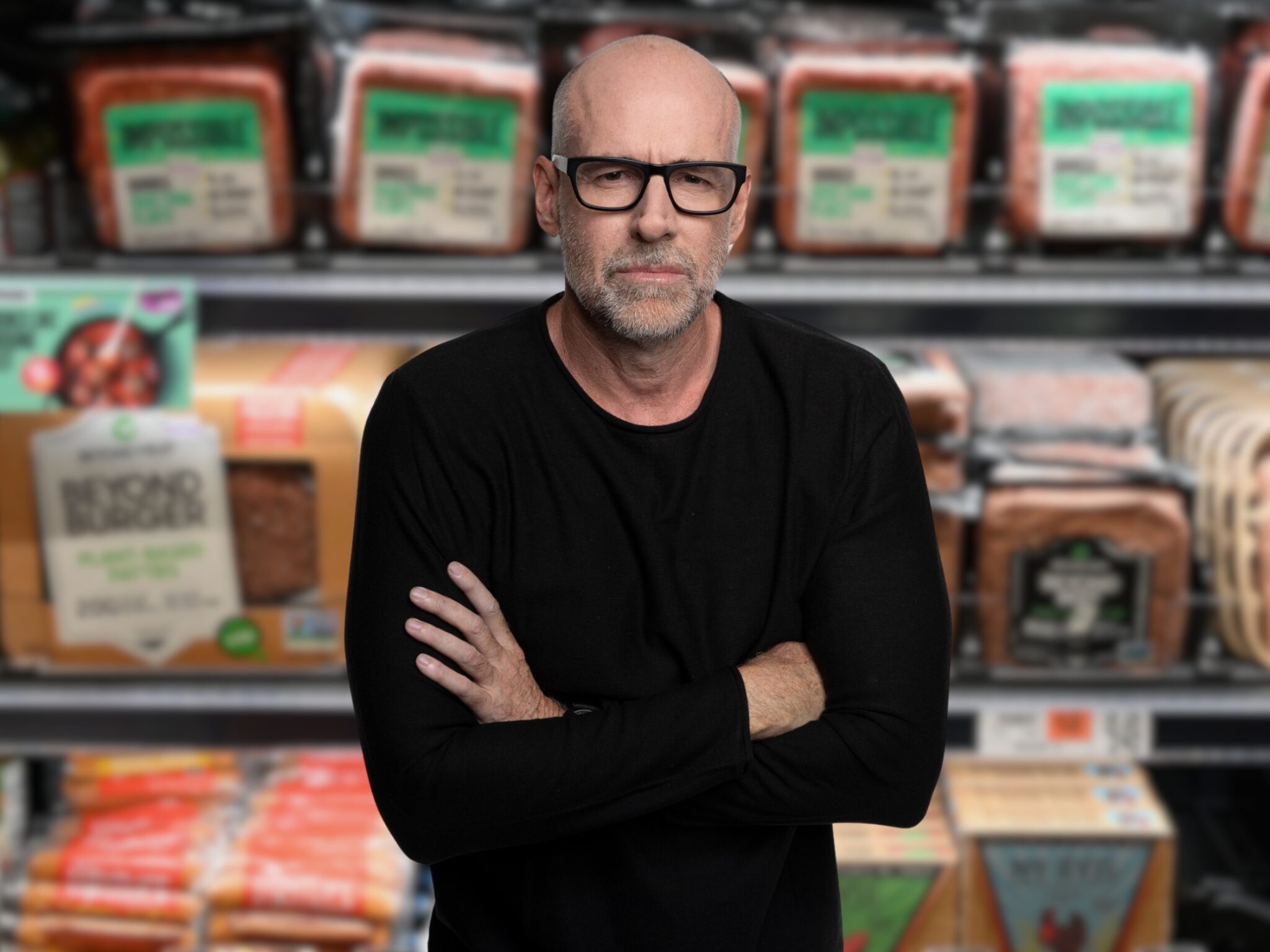Business Guru Scott Galloway on the Four Things Plant-Based Meat Businesses Should Do
7 Mins Read
Speaking on his Prof G Pod, marketing expert and professor Scott Galloway laid out the steps plant-based meat brands need to take to secure their future.
Scott Galloway is a man known for being right when it comes to the business world. He’s the face behind WeWTF, the famous critical report that accused WeWork of having an inflated valuation, and questioning if an IPO would actually happen. As he predicted, it didn’t, and WeWork’s stock crashed.
He’s also the guy who prophesied Amazon’s takeover of Whole Foods Market, as well as where its new headquarters would launch. Oh, and he said Twitter would be sold in 2022.
A founder and entrepreneur with several successful exits, Galloway knows a thing or two about business. He’s a professor of marketing at the New York University Stern School of Business, and his work on WeWork was a catalyst in the company’s fortunes, memorialised by the 2022 series WeCrashed.
On the latest episode of The Prof G Pod: Office Hours, where he takes listener questions and provides them with advice and insights, he was asked by the founder of a plant-based dumpling brand what he would do to a plant-based meat company’s branding and marketing to take a bigger chunk of the overall meat market.
Last year, meat analogue sales in US retail fell by 12% to $1.2B, on the back of a multitude of challenges for the sector, including high production costs and supply chain shocks, concerns over ultra-processed foods, misinformation about these products, and a loss of faith from investors. Several companies called it quits, some made employee cutbacks, and some withdrew products from the market.
Currently, plant-based meat makes up only 0.9% of the overall meat market. Here’s how companies in this space can succeed, according to Galloway.
1) Cut your losses – you’re in survival mode
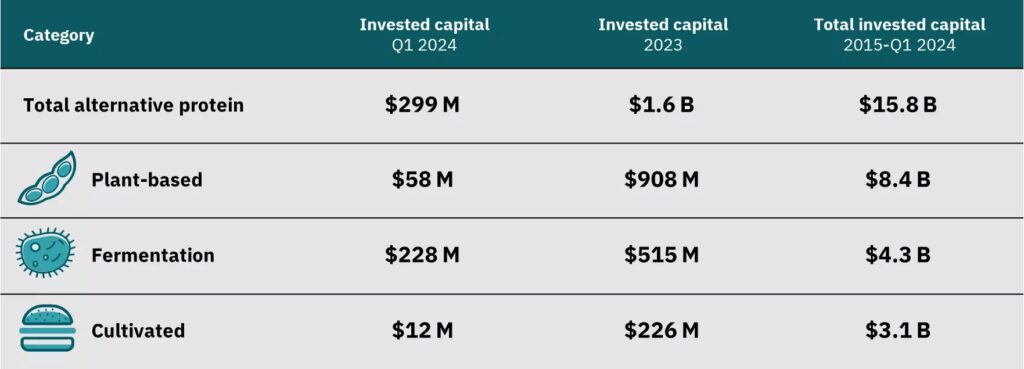
Galloway started off by recapping the challenges of plant-based meat over the last couple of years. “During the pandemic, more people bought alternative meat products due to health concerns, environmental reasons and meat shortages. Since, sales have plummeted and experts suggested the ‘plant-based bubble has burst’,” he said.
He pointed to data that shows plant-based beef is twice as expensive as conventional beef, and vegan chicken is four times as high in cost. Investment in the overall alternative protein category, meanwhile, dipped by at least 44%.
Galloway praised the founder’s startup (which is likely Sobo), saying it has good packaging, a nice website, and elegant branding. “And to be blunt, I don’t think it matters,” he said. “I think you’re in a nuclear winter, and you go… I think you cut costs like crazy.”
“If I was on your board, I’d… lay off 60% of my staff, cut my burn, and get through this nuclear winter. Because I would bet somewhere between 50% and 80% of alternative meat companies go away in the next 24 months, because they assumed that it was going to be the next big thing – and it might be, but ‘next’ is the dangerous word. When is ‘next’ gonna happen?”
2) Don’t spend much on marketing, and focus on taste
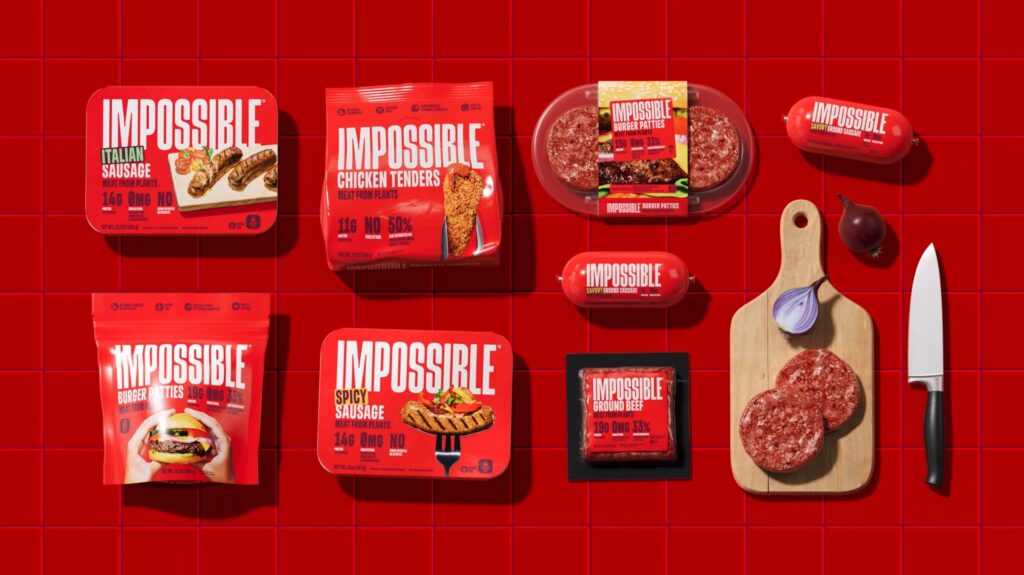
Galloway suggested that meat analogues will eventually work and be a viable part of our food ecosystem. But once companies have bought into that mindset, they’re going to “have to get to the other side”, where there will be “a valley of death”.
“It’s got to be near impossible to raise money right now. So you want to, quite frankly, just hunker down. I wouldn’t focus on the sustainability of it, I’d focus on the taste of it,” he said.
This was echoed by Impossible Foods CEO Peter McGuinness in a recent interview with Bloomberg Television, where he suggested that the plant-based meat sector launched incorrectly. His company has moved away from highlighting its products’ planetary advantages, instead honing in on taste descriptors and health benefits. “It’s gotta be delicious… It’s gotta be nutritious… And then you gotta be price-competitive,” said McGuinness.
In a similar vein, Galloway said: “I would not spend much money on marketing at all, and I’d keep my prices as low as I could. I would just try and extend my runway as long as possible and execute well, have really good relationships with my partners, do a lot of sampling a lot of earned media, try and write a lot, a lot of thought leadership.”
3. Plant-based meat will be resurgent – but consolidated
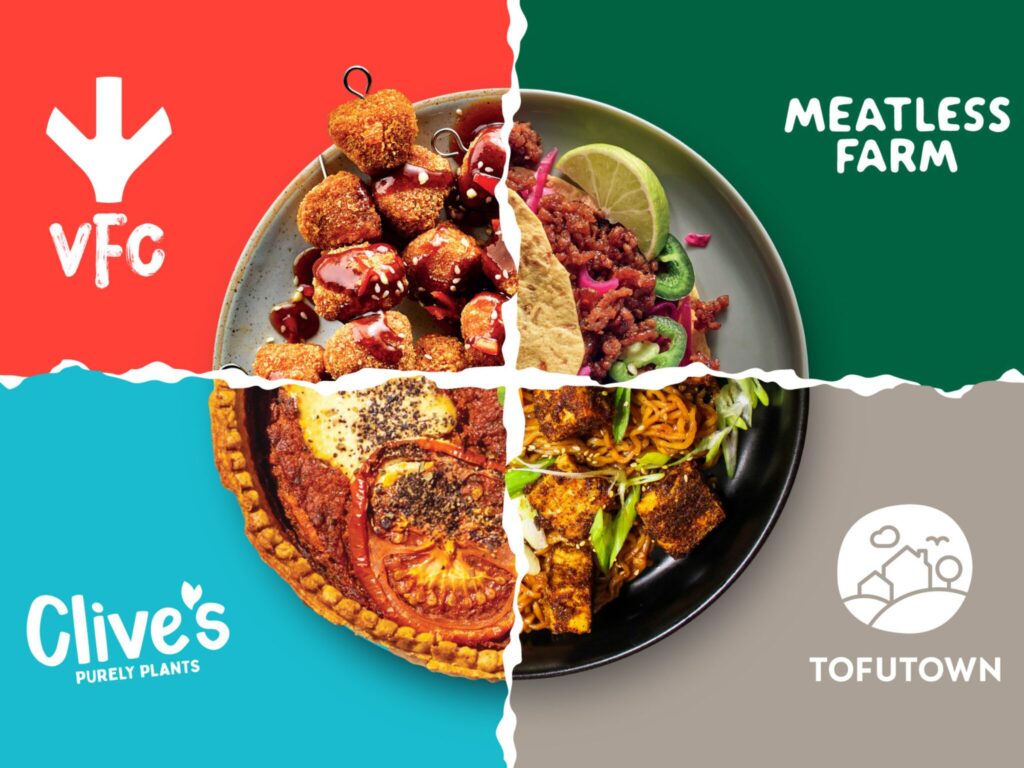
“I would be really scrappy. I would not spend a lot of time on traditional branding here because I would be throwing nickels around like they’re manhole covers. Because the bad news is, I think this ecosystem is gonna lose a ton of players,” suggested Galloway.
In the last year, startups like Nowadays, Ordinary Seafood, New Wave Foods and Sunfed Meats have all ceased operations, while others like Meatless Farm, VBites and Tattooed Chef have come close.
“The good news,” Galloway continued, “is that when the market comes back, it should be champagne and cocaine for alternative beef, whatever that would be. Because there’ll be just much fewer players. And if you can survive, you’re gonna come out the other end really, really robustly.”
We’re already seeing this happen – a host of businesses in this sector have merged or been acquired as part of the alternative protein industry’s consolidation era. “In the context of flat or declining category demand, consolidation, and M&As are vital for rapid growth in the plant-based sector,” Matthew Glover, founder of the Vegan Food Group, told Green Queen after the company acquired TofuTown. “These strategies allow companies to scale, innovate, and navigate through resilience challenges more effectively.”
Food non-profit ProVeg International agrees with this take too. Hédi Farhat, investment manager at ProVeg Incubator, told Green Queen last month: “We expect to see the effects of consolidation, along with signs of recovery in the sector, between 2025-26, with more corporate investors driving innovation in the sector.”
4) Animal rights (and TikTok) are major drivers of plant-based meat
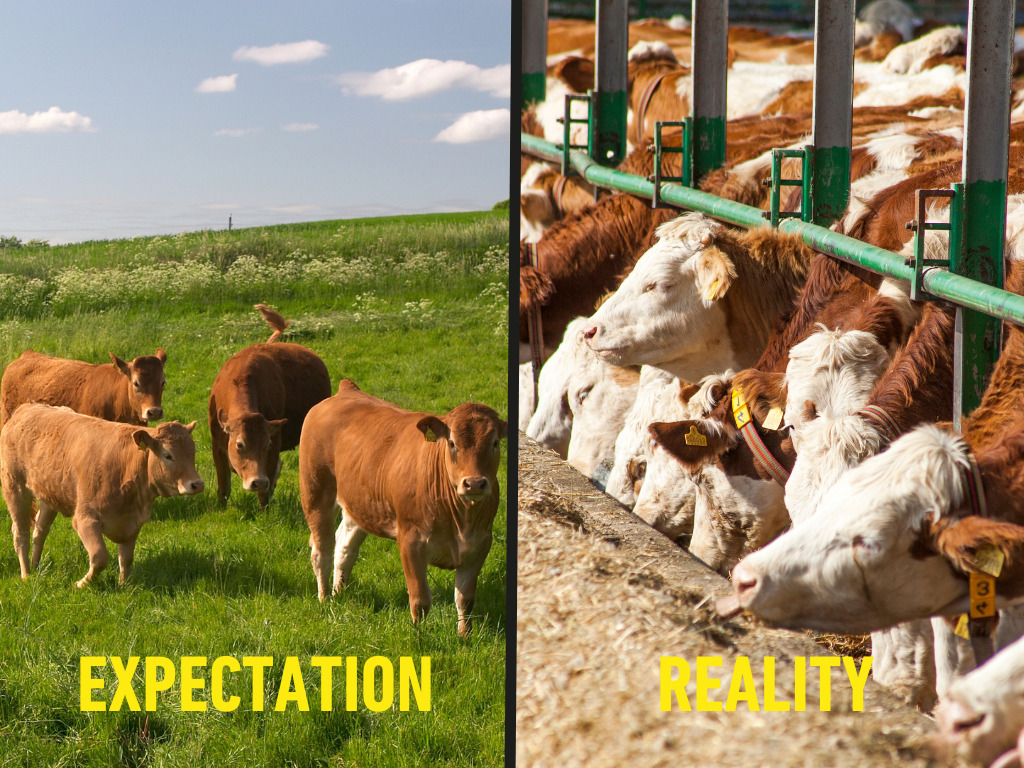
The business expert’s final point outlined that he still loved meat, and eats his fair share of it. But he’s starting to question his intake now, thanks to TikTok. He saw a video of a rancher playing ‘catch’ with his bull with a barrel, who is jumping up and down waiting to retrieve it. This reminded him of his Great Dane.
“[It’s] just impossible for me to ignore the fact that these are mammals with big brains, very emotional, but subtle. They’re young, they give live birth, and want to be around other beings, and are probably at their core, you know, kind, wonderful beings,” said Galloway.
“And when you have the unfortunate experience of learning anything about the industrial food production business, what we do to these animals is… ‘inhuman’ is the wrong word, because we would never treat humans this way. It’s just totally amoral… no, it’s not amoral, it’s immoral. And it’s starting to weigh on me for the first time that there’s more birds in captivity than birds in the wild because of chickens and the way they raise veal.
“We should hope there’s not a hell. Because if there is a hell – or even if there is a heaven – and we have to reconcile our activities with animals, it’s going to be pretty fucking ugly.”
Galloway concluded by telling the founder his work is important, and that we should all be thinking about plant-based alternatives. “I come at it from a humanity standpoint, or just, you know, having dogs has just changed my outlook on the industrial food complex.”
As for the plant-based meat world, it’s “in survival mode”, but it’s “going to work” and “grow”. “You want to be one of the survivors and have your sales up, or at least have your sales and tax such that when the winds come back, you’re ready,” he said.
“It’s not aspirational. Branding is not going to save you right here. This is about survival.”
For a man who’s got so much right in his predictions, you’d bet on him being spot-on about plant-based meat, too.

